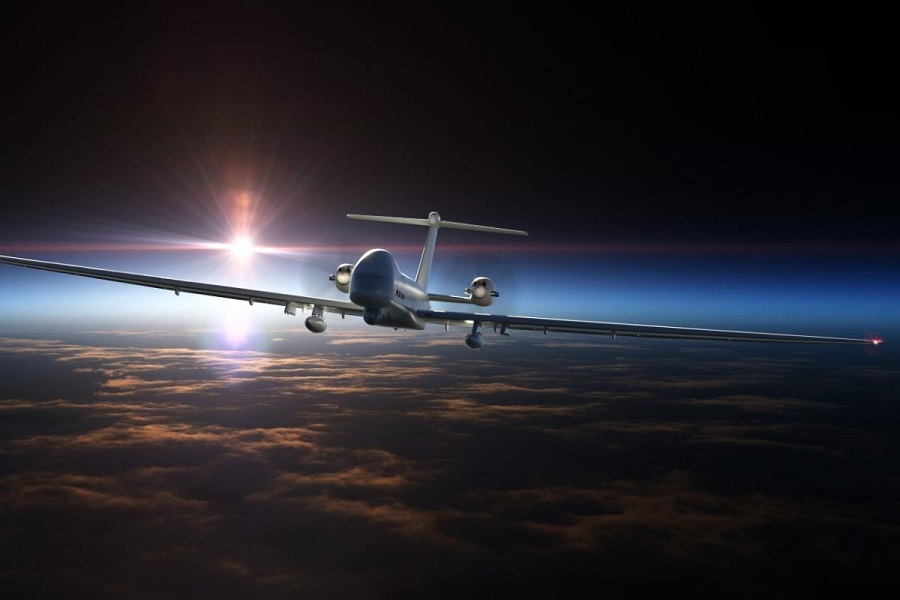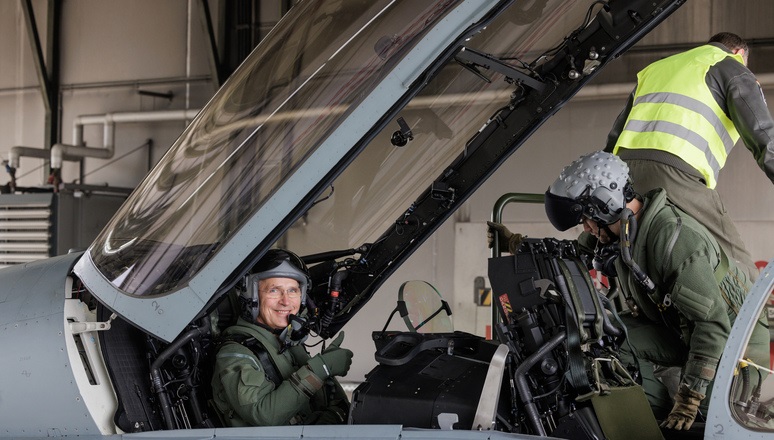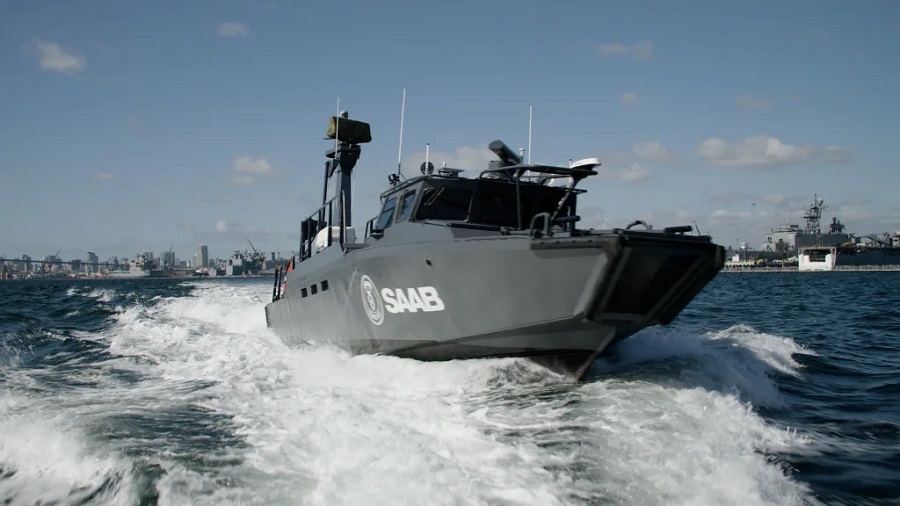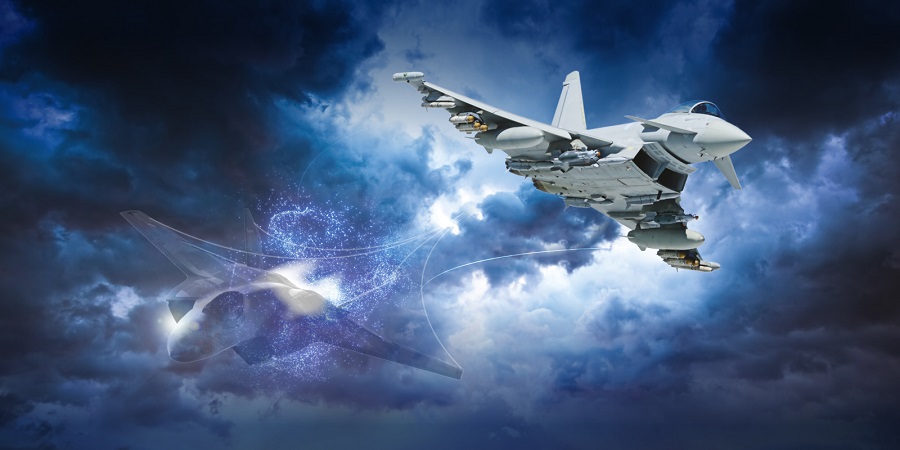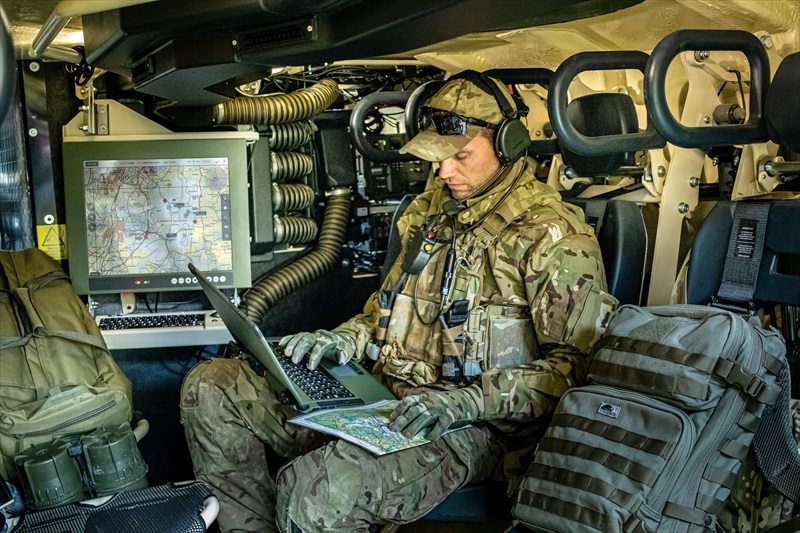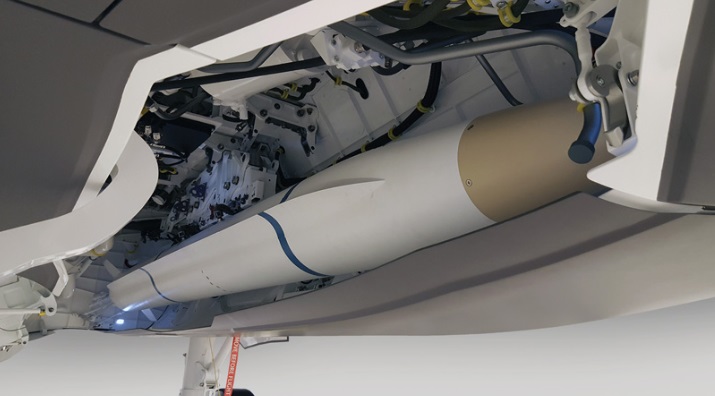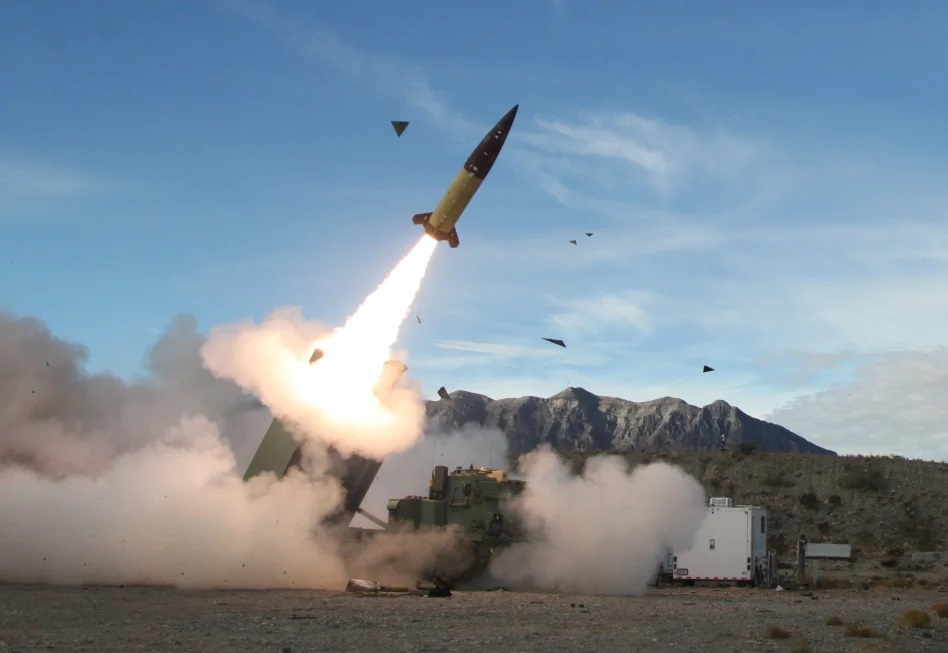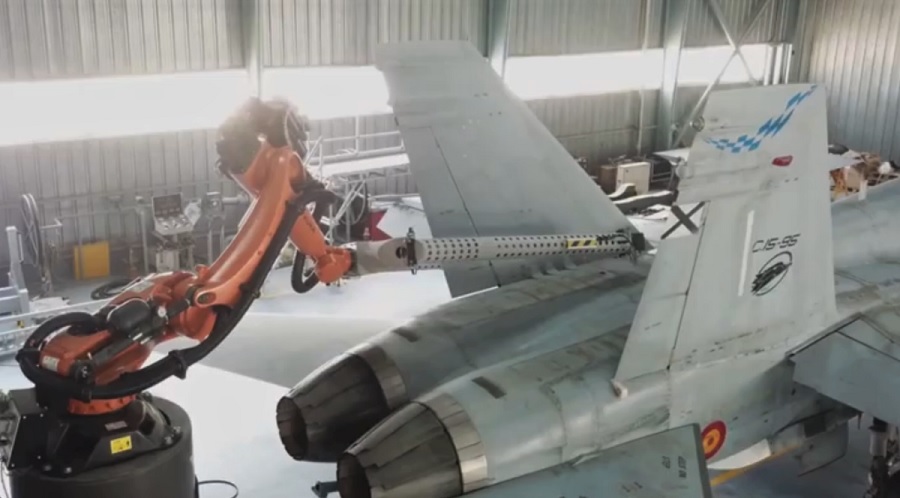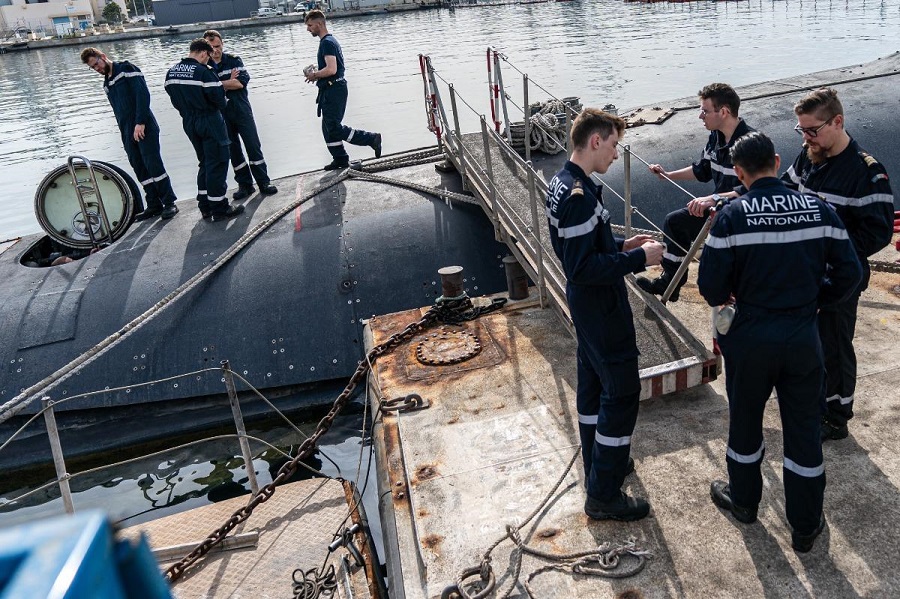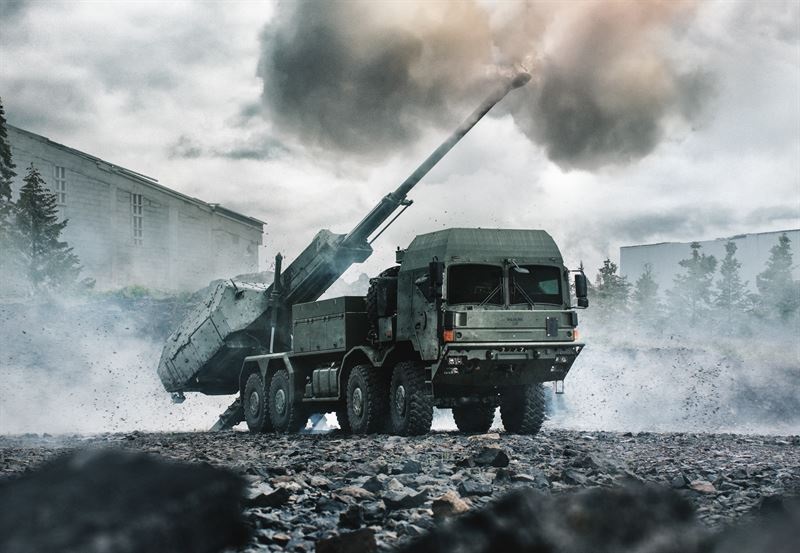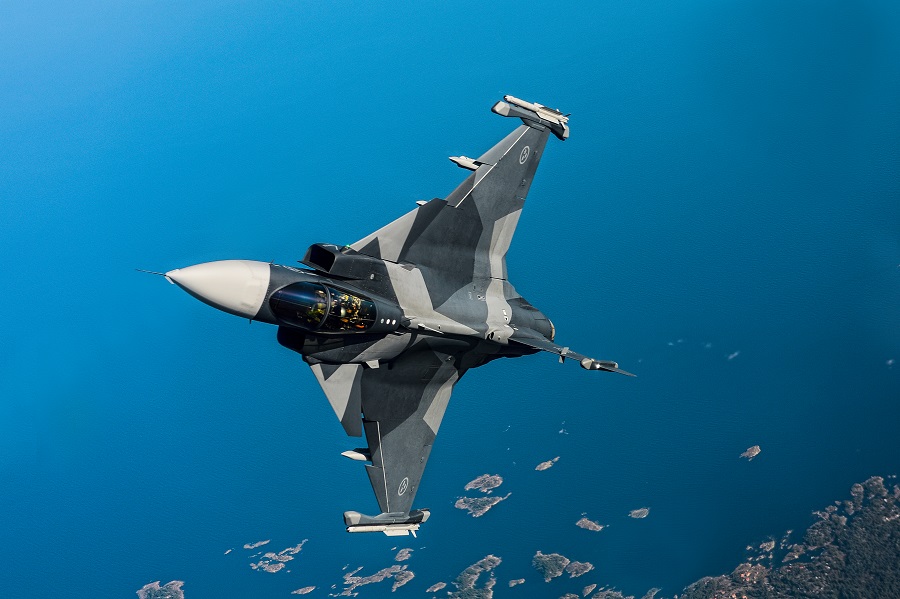Experts say that China is making a huge effort to deploy such systems in regions that are essential to Beijing’s long-range expansion plans, including in the Middle East.
According to media reports Britain sent six underwater autonomous underwater vehicles to Ukraine in order to locate and remove Russian mines. This is one example of the growing use of unmanned surface and underwater vessels.
Israeli defence sources say that this trend of using unmanned vessels in war zones is growing and that China is developing a line of such systems.
This explains the great interest of some countries in the Middle East, with ports on the Mediterranean in underwater detection systems.
Israeli sources say that the concern is amplified by the Chinese wide effort to develop underwater unmanned systems.
In recent months, China has increased its efforts to gain greater influence in war-torn Syria and a presence in one of the country’s ports.
In January, China and Syria signed a Memorandum of Understanding to integrate Syria in the Belt and Road Initiative. For quite a few years, Syria has striven to strengthen relations with China, as additional support, alongside Russia and Iran. While the latter two countries do not have the economic capacity to help reconstruct the devastated country, in the Syrian view China might be a key investor.
According to Carmit Valensi and Galia Lavi, two senior researchers in the Israeli Institute for National Security Studies (INSS), cooperation with China is, in the view of the Damascus regime, a means of circumventing the economic sanctions imposed by the United States on Syria under the Caesar Act.
The Caesar Syria Civilian Protection Act of 2019, also known as the Caesar Act, is United States legislation that sanctions the Syrian government, including Syrian president Bashar al-Assad, for war crimes against the Syrian population. The Act was signed into law by President Trump in December 2019, and came into force on June 17, 2020.
Israeli experts said that the Chinese interest in Syria is also connected to Beijing plan to have a strong presence in the Mediterranean.
Eliezer Marom, former commander of the Israeli Navy, said that the combination of free access to the Mediterranean and the ability to operate underwater unmanned systems will give the Chinese a big advantage in this very important sea, connecting Asia and Europe.
According to a review in Maarchot, the official publication of the Israeli Defense Forces (IDF ), while China’s total autonomous tools still consist mainly of experimental tools in the early research stages and prototypes, Chinese Navy research papers indicate that it is primarily interested in using autonomous tools for naval surveys and reconnaissance, anti-mine, anti-submarine and warfare testing. Each of these missions relies on different autonomous models and has significant implications and risks for the US Navy and its partners in the Indian and Pacific Oceans
The author of the review, Menki Eitan from the Israel Navy estimated that in the future, the Chinese military may use large autonomous airstrikes combat and operations near the seabed. Trend analysis in Chinese military research publications suggests building libraries of acoustic signatures for locating and identifying underwater targets, and several military bodies have signed research contracts related to deep-learning visual identification and target detection systems for underwater tools
To date, the Chinese defense industry has produced few models of large autonomous underwater systems.
According to the review, the heaviest of China’s autonomous underwater vehicle to date is the Haishen 6000, named after the Chinese Sea God. This system has a 3.5-tonne displacement and was developed at the 701 Institute. It can be equipped with a variety of underwater payloads.
According to a paper in the website of the Hoover Institution, China believes it should rule the world, so of course, it thinks it has every right to control the Mediterranean. In a few years, it will do so, if we extrapolate even just a little.
The author Gordon G. Chang says that Beijing’s dominate Mediterranean strategy begins at the water’s edge, where it has embarked on an impressive ports-buying spree.


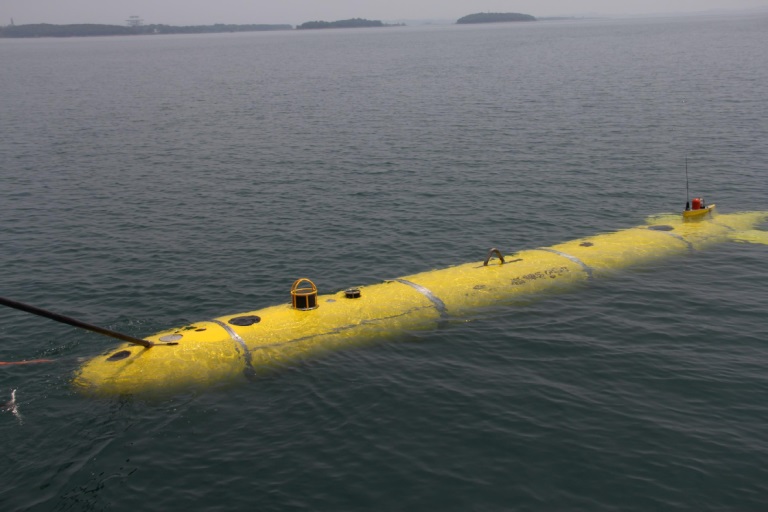


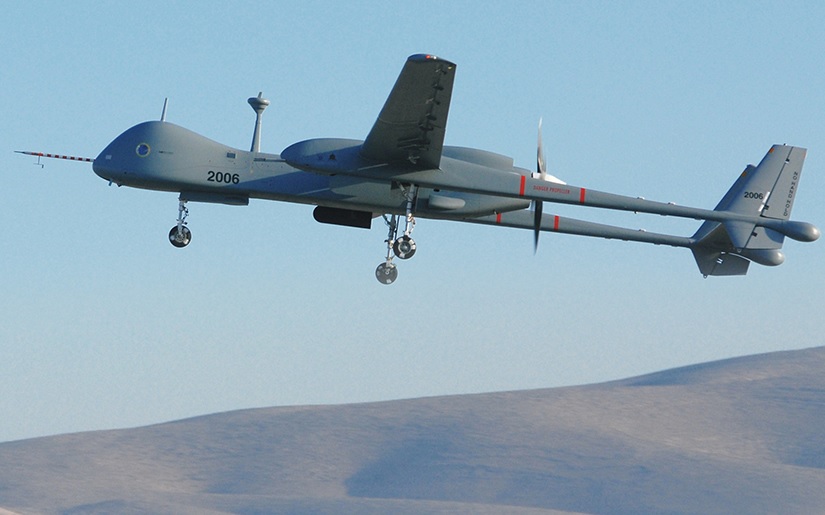
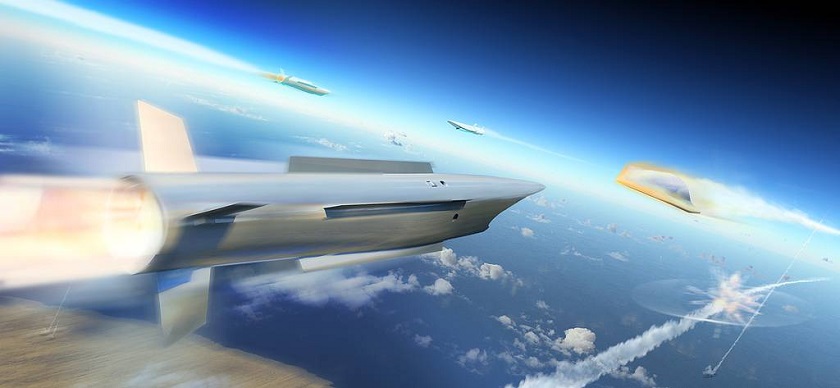

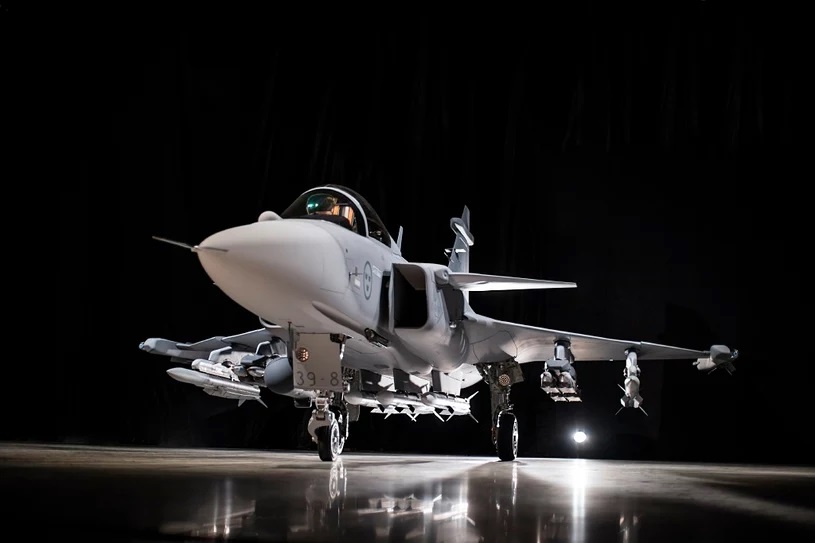
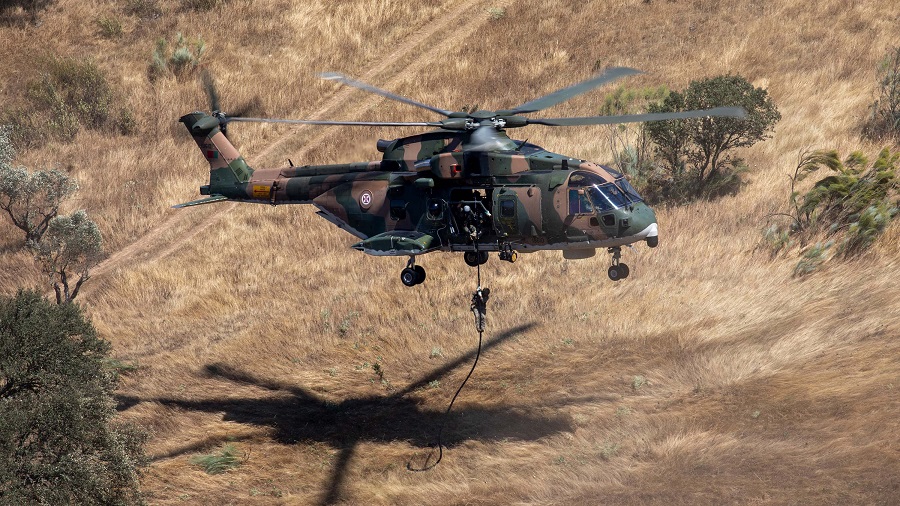
![Croatian Air Force receives first six Rafale fighters from France [VIDEO]](https://defence-industry.eu/wp-content/uploads/2024/04/Dassault-Aviation-delivers-first-six-Rafale-fighters-to-Croatia-VIDEO.jpg)

